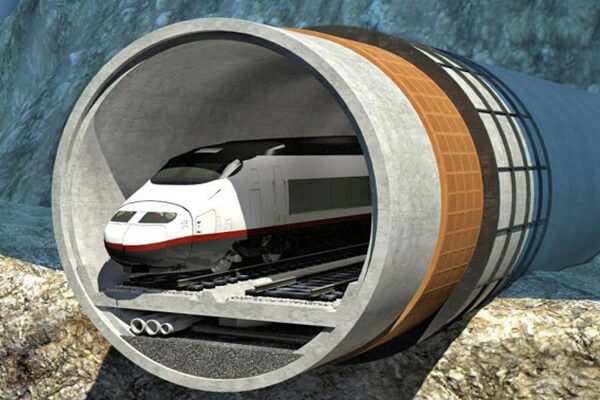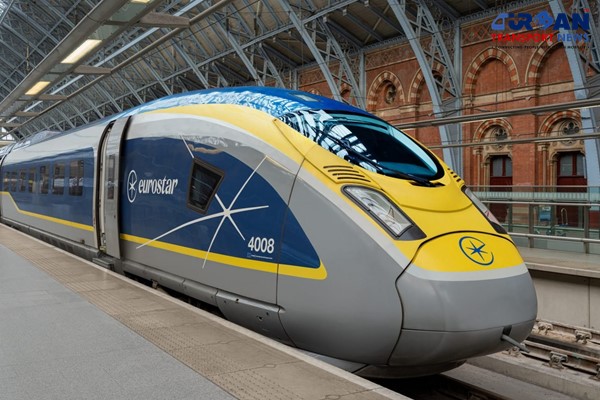 Qatar approves Saudi Rail Link Agreement, Accelerating Gulf Railway Vision 2030
Qatar approves Saudi Rail Link Agreement, Accelerating Gulf Railway Vision 2030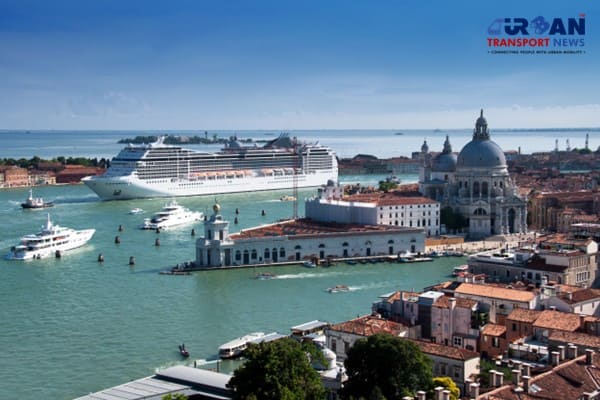 UP Govt plans to introduce Water Metro services in Ayodhya, Varanasi & Prayagraj
UP Govt plans to introduce Water Metro services in Ayodhya, Varanasi & Prayagraj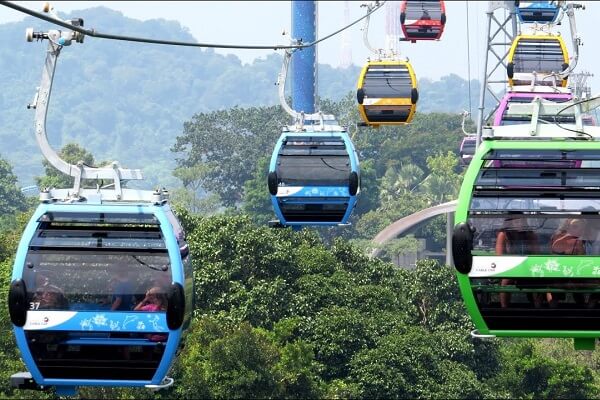 India’s First Urban Ropeway begins Trial Run in Varanasi, Set to carry 1 Lakh passengers daily
India’s First Urban Ropeway begins Trial Run in Varanasi, Set to carry 1 Lakh passengers daily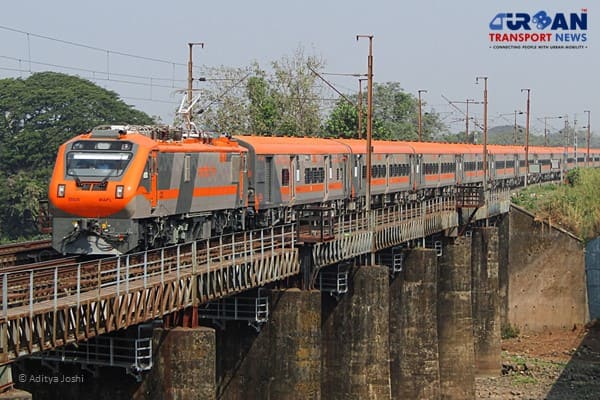 India and Bhutan to Build First-Ever Rail Link: ₹4,033 Cr Project to Boost Regional Connectivity
India and Bhutan to Build First-Ever Rail Link: ₹4,033 Cr Project to Boost Regional Connectivity Patna to launch Eco-Friendly Water Metro; Trial Run soon between Digha and Kangan Ghats
Patna to launch Eco-Friendly Water Metro; Trial Run soon between Digha and Kangan Ghats Air India Group set to launch Flights Operations from Navi Mumbai International Airport
Air India Group set to launch Flights Operations from Navi Mumbai International Airport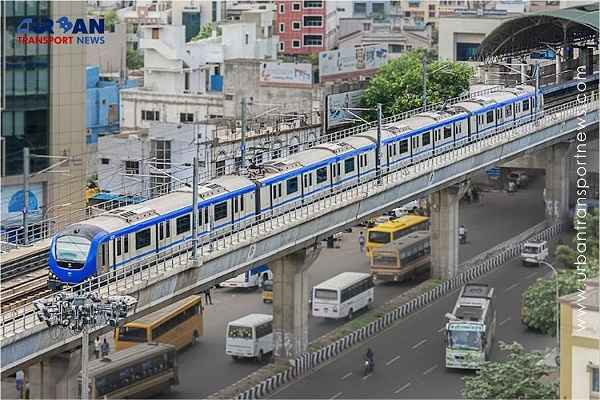 Chennai to launch 25-Year Mobility Plan with Unified QR Ticketing and One-App Transit System
Chennai to launch 25-Year Mobility Plan with Unified QR Ticketing and One-App Transit System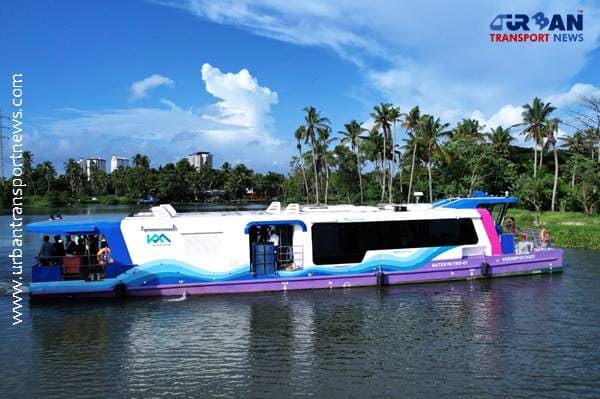 Kochi Metro bags ₹4.4 crore contract to prepare DPR for Mumbai Water Metro Proejct
Kochi Metro bags ₹4.4 crore contract to prepare DPR for Mumbai Water Metro Proejct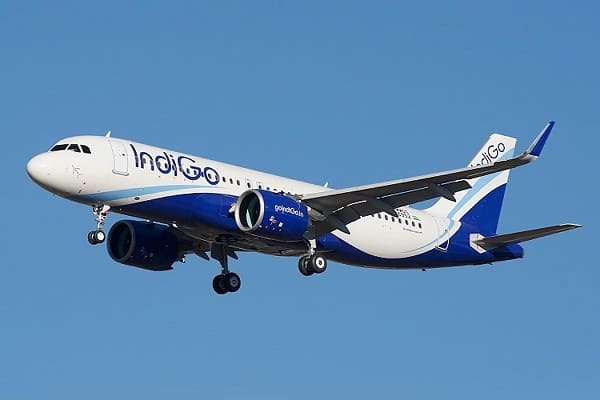 Navi Mumbai International Airport set for September launch; IndiGo and Akasa Air to lead Operations
Navi Mumbai International Airport set for September launch; IndiGo and Akasa Air to lead Operations Noida International Airport to be Inaugurated on October 30, Commercial Flights in 45 Days
Noida International Airport to be Inaugurated on October 30, Commercial Flights in 45 Days
Japanese firm signs MoU for track works training for Mumbai-Ahmedabad HSR project
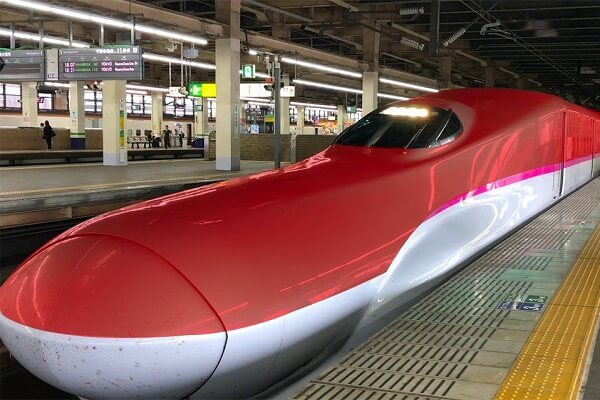
New Delhi, India (Urban Transport News): The National High Speed Rail Corporation Ltd (NHSRCL) today signed a Memorandum of Understanding (MoU) with Japan Railway Technical Service (JARTS) for Training, Certification and Advisory Services for construction of Track works for Mumbai - Ahmedabad High Speed Rail corridor under Package No. MAHSR-T-1, T-2 and T-3.
The MoU was signed via a virtual ceremony in the presence of Managing Director, NHSRCL Achal Khare, NHSRCL Director Project Rajendra Prasad, Director Finance A.K. Bijalwan, Minister Embassy of Japan in India Shingo Miyamoto, Chief Representative JICA India Katsuo Matsumoto, President JARTS KONO Haruhiko, and other officials from JARTS, JICC and JR East.
The track packages for the Mumbai-Ahmedabad High Speed Rail project are now opened for participation by Indian Contractors with the stipulation that the contractor’s workforce would undergo specialized technical training related to Shinkansen track technology, before the start of work at the site. The slab track system used for Shinkansen high-speed rail in Japan is highly specialised and requires the use of special machines. A similar system will be adopted for the Mumbai-Ahmedabad High Speed Rail project.
As per the MoU, JARTS will provide training & certification (T&C) services (prior to the start of works) and advisory services (during first execution). The services include preparation of training materials, classroom training and onsite training. The Track contractors will be required to execute separate service agreements with JARTS. The terms & conditions for the service agreement have already been finalized and are part of the MoU.
More than 1000 personals are envisaged to be trained and certified. Most part of the training will be done in India, for which a separate temporary training facility will be developed at Surat. As ‘Enclosed Arc’ (EA) welding for rail welding is presently not done in India, about 60 days of training for EA welding is envisaged in Japan. In addition, depending on the situation of Covid-19, onsite training in Japan may also be planned for some engineers.
This initiative will help in ‘Transfer of Technology’ and also upgrade the skill sets of Indian track engineers. This is also a step towards making India self-reliant in the field of construction of tracks for high-speed rail.
Japan Railway Technical Service (JARTS) was established in 1965, the year following the opening of the Tokaido Shinkansen in 1964, as an organization based in Japan for overseas railway technology cooperation. It was born mainly in response to the request for technological cooperation from foreign countries inspired by the opening of the Shinkansen that heralded the age of the high-speed railway. Ever since then and for a half-century, JARTS has implemented technical cooperation with more than 60 countries and contributed to the development of railways across the world.
For more details, please explore the Mumbai-Ahmedabad High Speed Rail page of Urban Transport News.





